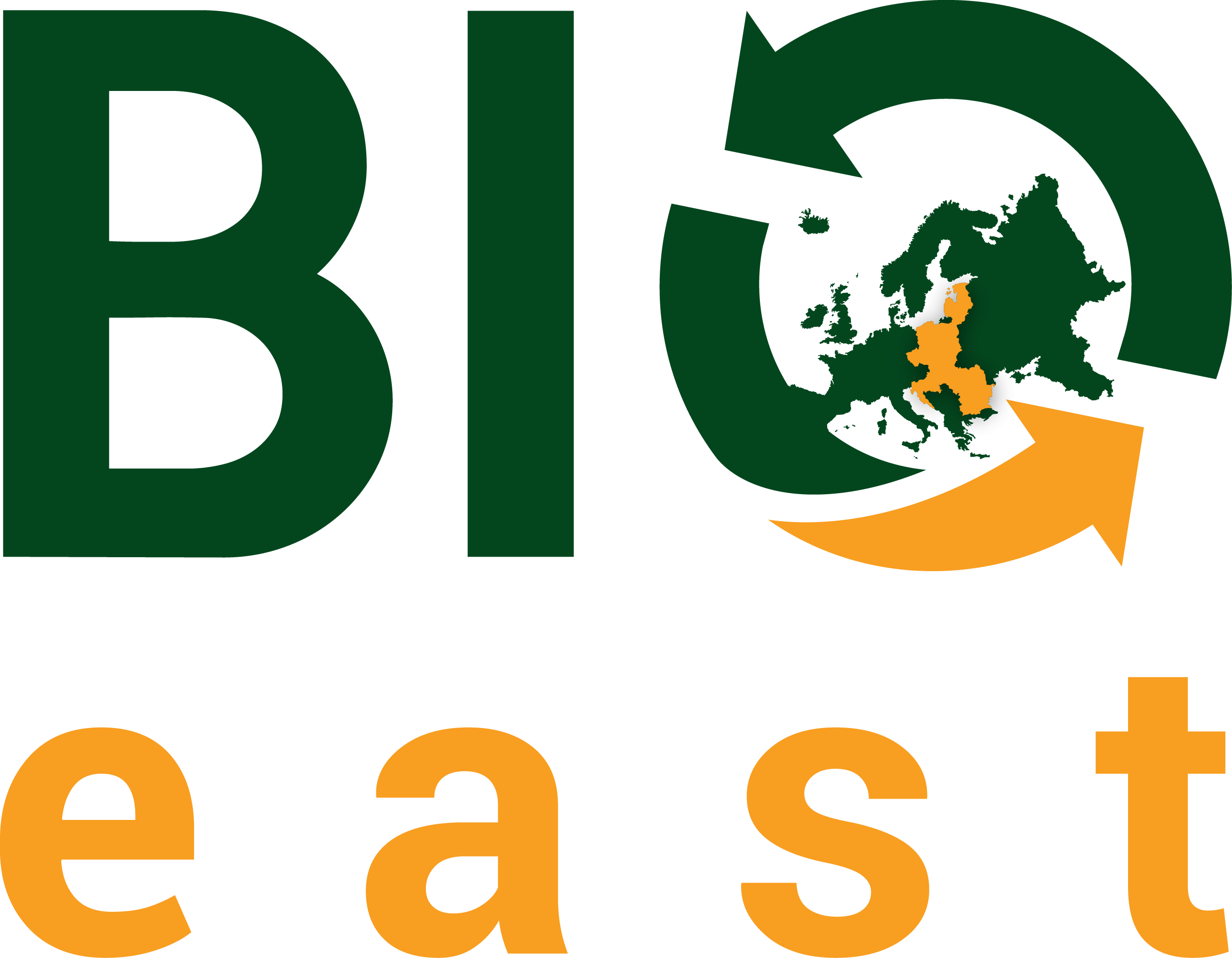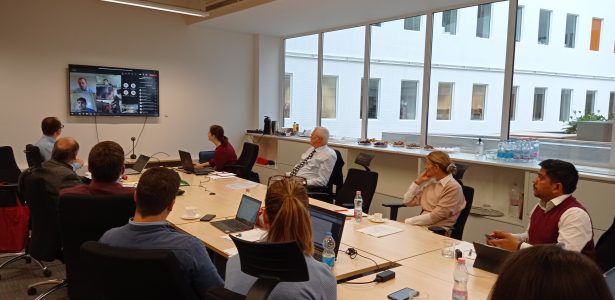Newly formed Advanced Bio-based Chemical Thematic Working Group has held its hybrid kick off meeting on 8th October 2021, in Budapest. Sixteen researchers from the whole BIOEAST region gathered to define the mission and goals of the group and to pave the way to a more coherent research framework in the interest of a carbon-neutral sustainable green chemistry.
The outlook for the EU chemical industry makes it clear that a radical transformation towards the production of bio-based chemicals is needed to achieve decarbonisation targets for 2050. Effective circularity requires innovative solutions and new value chains in the processing sectors – with a specific attention to the use of bio-based chemicals and materials. BIOEAST countries are lagging behind in green biotech development since the policies and/or action plans promoting the sustainable and circular bioeconomy are missing. The macro region struggles with knowledge gap, rigid education system, weak investments, lack of innovation ecosystem, and low level of uptake at local level, as well.
To bridge the above mentioned problems the CEE region needs common research agenda and system level thinking, as well as a deeper cooperation among different stakeholders like state, academic world, businesses, media, international players and public-private partnerships to implement large investments.
The participants agreed that there was growing market need for alternative materials and chemicals. However there are some factors that we need to eliminate in the future such as the high cost associated with the establishment and operations of biorefineries, lack of awareness about biorefinery applications and end-products, and reluctance to adopt newer technologies. All these are holding back the growth of the bio-based industry and still require lot of research and innovation investment.
The reason for setting up the thematic working group is to start science-policy discussion on the valorisation possibilities of available bio-resources into bio-based chemicals and materials. Bigger attention should be paid to alternative raw materials like grasses, woody biomass, residuals, waste streams and aquatic biomass such as algae. Some of these feedstocks are usually burned and are considered waste, but essentially have enormous biotechnological potential.
Therefore creating a strategic research and innovation agenda is of utmost importance in order pave the way to the higher level thinking on biorefinery concept and unlock the biomass potential of the region.


